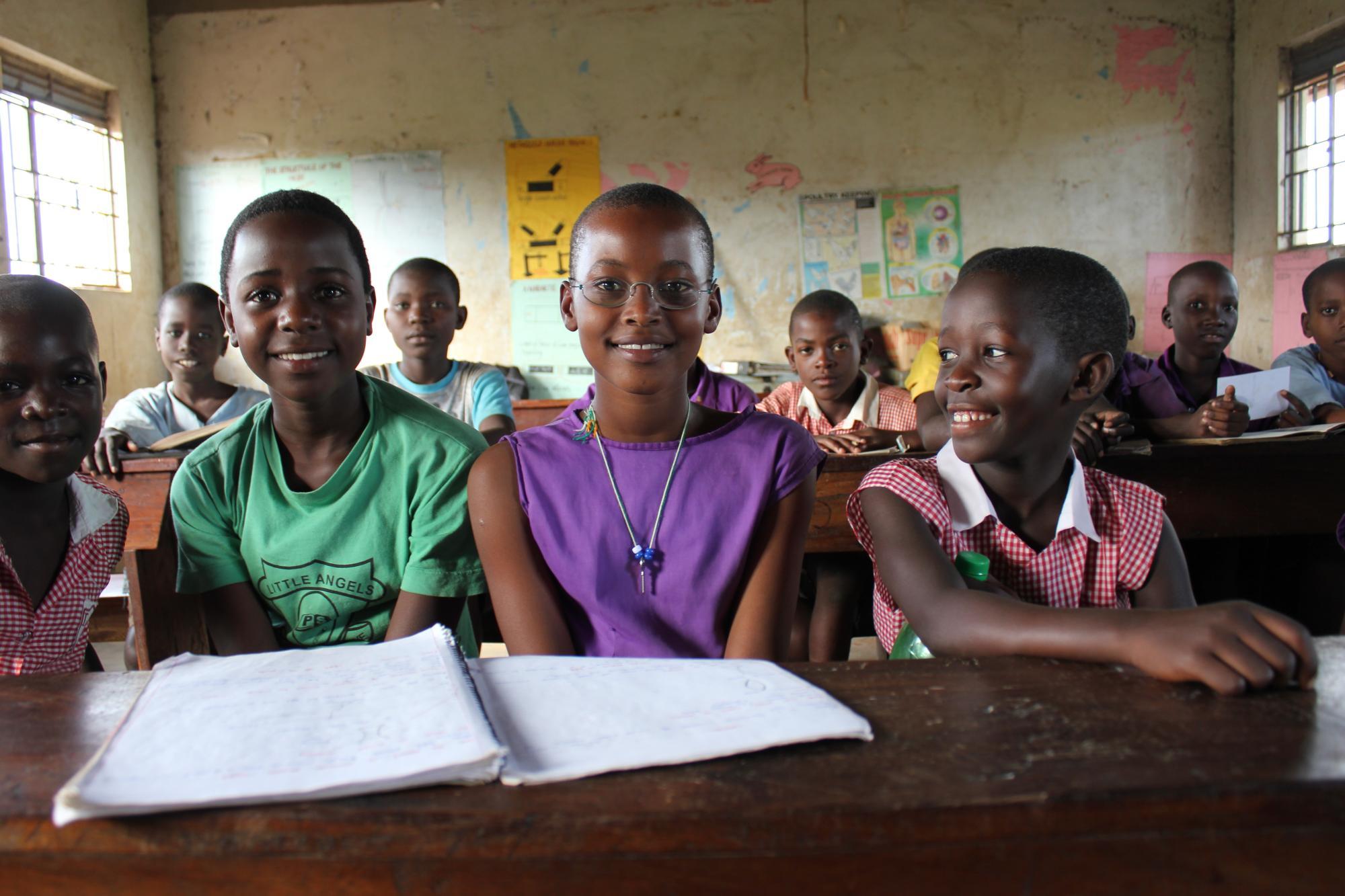Between career opportunities and family obligations
On the way to equality in India
Interview with Antje Christ, documentary filmmaker, Christ Media GmbH and responsible for global networking and country coordination India on behalf of GoodVision

In India, the most populous country in the world, the Hindu goddess "Saraswati" has a high status. Among other things, she stands for learning, science and wisdom. In other words, a female principle.
More and more girls in India are now attending college and pursuing careers. In the rural areas where our partner organization Care Netram is active, however, a steady income for women is still the exception. They are married young and then return to their traditional roles as housewife and mother. But Care Netram in the Indian states of Odisha and Jharkhand in the east of the country shows that there is another way.

Antje Christ has been in charge of the Indian partner program Care Netram since its launch in 2017. She works closely with her Indian colleagues and knows that Care Netram is about much more than just providing people with glasses.
Care Netram is opening up completely new job opportunities, particularly for young Indian women, and is thus playing a pioneering role.
In many of GoodVision's program countries, the proportion of women among employees is quite high, including in India. What does it mean for young women to be employed by Care Netram?
Antje Christ: Yes, our Indian program partner, Care Netram, also employs an above-average number of women, namely 65%. And because the program is so large, there are 70 young women between the ages of 18 and 24, all of whom are permanently employed and receive a monthly salary. This is still an exception, especially in the poorer region of eastern India. Most of the female employees earn even more than their parents, as many fathers are rice farmers, the mothers are housewives and, depending on how the harvest turns out, a family of five has no more than 60 euros a month at its disposal. This is not enough to survive. Almost all Care Netram employees therefore support their families with the money they earn. The fact that this money often comes from the daughters and not, as tradition dictates, from the sons, is unusual and takes some getting used to for the parents. However, the women themselves are proud to be able to help their families.
What career opportunities do women have at Care Netram?
Antje Christ: In principle, they have the same opportunities for advancement as men. Care Netram supports them wherever possible. It's great to see that many women who started with us back in 2017 are still with us and are now taking on leading roles. For example, they lead teams or organize entire districts where the eye camps are held.
And what happens when the women get married?
Antje Christ: Weddings are a huge topic in India. It costs a fortune, which in most cases has to be paid by the bride's parents alone. The pressure to "marry girls off well" is therefore enormous. In the area where our program partner works, arranged marriages are the rule, i.e. the parents choose the partner. If the daughter is not married by the age of 23 or 24 at the latest, she is quickly considered "unplaceable" and is stigmatized. After the wedding, the young women have to move into their parents-in-law's house, where they usually have to help with the housework, and they also have to start planning a family. Care Netram therefore unfortunately has to live with the fact that most young women stop working when they get married. But there have been exceptions.
Isn't it frustrating to see all those well-educated women leave again?
Antje Christ: Yes, sometimes it is regrettable, especially as women at Care Netram have the same career opportunities as men and could advance to senior management. But that's exactly where our program sets something in motion, and it takes time for such structures to soften. I think it's important that women have already experienced that they can look after themselves and earn their own living. We observe that they become more independent and self-confident. The regular income also gives them a different status in a social context and within their family. For example, they no longer have to accept every husband their parents suggest, because they are more independent. It's a shame if they quit, but Care Netram has empowered the women in any case. They are also all still young and can still have a career later on. And they know that.
Since my training at Care Netram, I have been the one who provides a living for my family.



